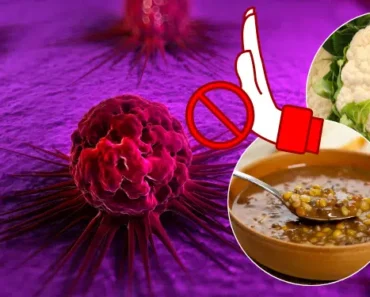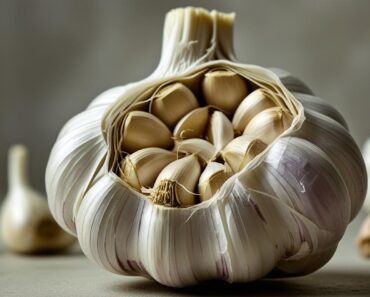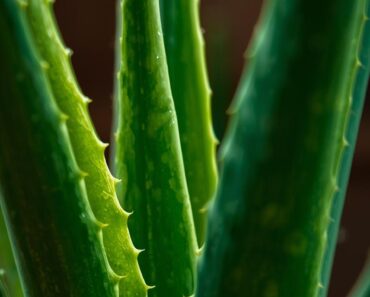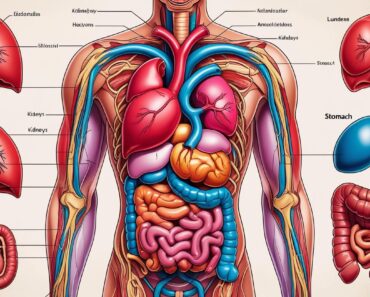Hypothyroidism (or underactive thyroid disease) is a common condition in which the thyroid gland doesn’t make enough thyroid hormone. The hormones released by the thyroid gland travel through the bloodstream and affect almost each part of the body.
More than 26 million people in the U.S. have hypothyroidism. Actually, as many as 13% of women could have a certain degree of thyroid hormone absence. Hypothyroidism is a very common medical condition, and thousands of people are currently hypothyroid, but many of them are still not aware of it.
Symptoms of hypothyroidism
Some of the most common symptoms of hypothyroidism are:
- Increased sensitivity to cold
- Fatigue
- Dry skin
- Constipation
- Hoarse voice
- Puffy face
- Sudden weight gain
- Depression
- Muscle cramping
- Brittle hair and fingernails
Natural Remedies for Hypothyroidism
There are many natural remedies that can help to control this condition. According to the US National Library of Medicine National Institutes of Health, Your Health Tubers prepared you a list of the most effective and proven natural remedies. Here they are:
- Guggul
Guggul derives from the resin of the bark of guggul tree. People in India have used it for million years in the herbal medicine.
Guggul has antioxidant and anti-inflammatory properties. Guggul Myrrh is a great herb that benefits the body and the thyroid in many ways. Studies claim that its active compounds can stimulate the thyroid function and help in the treatment of hypothyroidism.
We recommend you to consult a doctor before taking this herb in supplement form. In general, the dosage is 25mg, 3 times per day.
Note: Do not use guggul if you are breastfeeding or pregnant, or have severe kidney or liver disease. Also, researchers still haven’t confirmed safety in children.
- Kelp
It is a seaweed that has extracts of seawater in its frond-shaped leaves. That makes it an abundant source of minerals and vitamins.
One of the kelp’s greatest abilities is to promote healthy skin and hair. However, kelp has high iodine content that aids the thyroid gland function. Iodine is really essential for the formation of thyroid hormones, which regulate the energy production in the body, and help burn the excess fat.
Natural food sources of iodine include bread, seafood, salt and dairy foods. Kelp supplements can help anyone who avoids this kind of foods in their diet.
- Korean and Siberian Ginseng
Siberian ginseng is really beneficial for stimulating thymus and adrenal glands, which support the thyroid gland function. This herb can also help alleviate fatigue, one of the most common symptoms of hypothyroidism.
Korean ginseng can help to increase energy levels and improve the abilities to endure stress. So, that make it is really beneficial for men with hypothyroidism. Siberian ginseng has very similar properties and is a perfect inclusion in a multivitamin supplement for women with hypothyroidism.
- Fish Oils
Omega-3 fatty acids from fish oil help to maintain the fluidity and integrity of cell membranes, as well as that one in the thyroid gland.
Being rich in omega 3 fatty acids, fish oils also increase immunity and fight inflammation.
You need to consult your doctor if you want to include fish oils in your diet. Generally, the dosage is about 3 grams per day.
- Coconut Oil
Coconut oil can treat even some of the most health-destroying conditions, as thyroid issues. It is rich in fatty acids that boost energy and support metabolism. Furthermore, it raises the basal body temperature that is significant for people with low thyroid function.
You can add 2 tbsp. of coconut oil to milk or smoothies, and consume it every morning along with your breakfast.
- Evening Primrose Oil
Evening primrose oil is a great source of omega-6 essential fatty acid necessary for good health. It is also a great ingredient that can help patients with hypothyroidism.
Evening primrose oil has amazing anti-inflammatory properties and aids increase the levels of thyroid hormones.
The recommended dose of evening primrose oil is 2-8 grams per day. Consult your doctor to prescribe the suitable dosage for you condition.
Conclusion:
Healing thyroid disease requires a long-term commitment for at least a year. Creating this issue took many years of self-poisoning, thus fixing it is neither quick nor easy. A regular usage of these home remedies can help you prevent and treat hypothyroidism.
Iodine (from kelp) is absolutely necessary for thyroid function, but you need to be careful not to take too much iodine (mostly if you are taking it as a supplement) because it can cause side effects.
References: Ncbi.gov Ncbi.nlm.nih.gov







